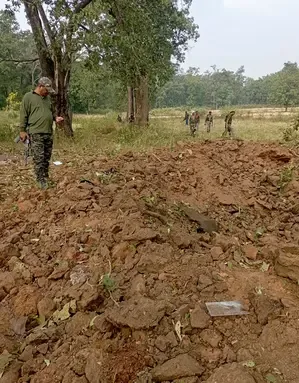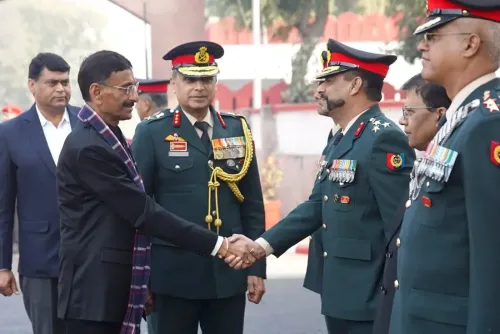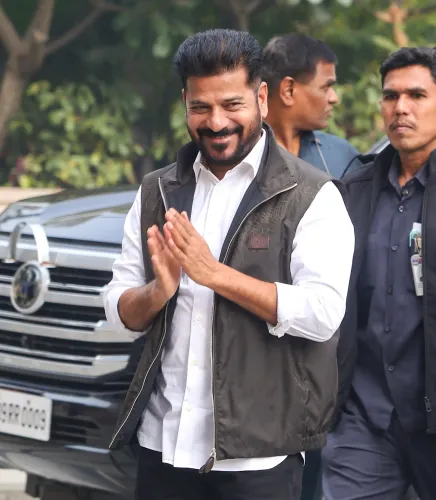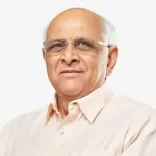Is India's 2026 BRICS Chairmanship a Defining Moment for the Global South?
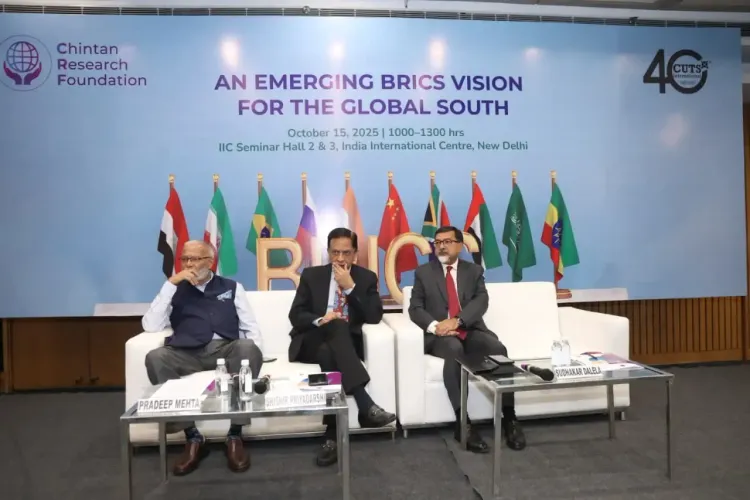
Synopsis
Key Takeaways
- India's 2026 BRICS chairmanship is a potential game-changer for the Global South.
- BRICS Plus offers a platform for enhanced South-South cooperation.
- Key areas of focus include sustainable finance and digital infrastructure.
- Experts advocate for a coherent strategy in energy transition.
- Technological advancements are essential for future collaborations.
New Delhi, Oct 15 (NationPress) India's 2026 BRICS chairmanship is poised to be a pivotal juncture, not just for the coalition but also for the broader Global South's quest for independence and reform in global governance, according to insights shared by leading experts during a recent event in New Delhi.
High-ranking diplomats, policy makers, academics, and thought leaders convened for a conference titled 'An Emerging BRICS Vision for the Global South' hosted by the Chintan Research Foundation (CRF) in partnership with CUTS International. The discussions centered on how the enlarged BRICS coalition can foster a more just global framework and act as a cornerstone for South-South cooperation.
Experts noted that as India gears up to take the helm of the BRICS Plus Chairmanship in 2026, the expanded structure presents New Delhi with a strategic platform to convey a clear vision for the Global South and transform symbolic achievements into substantial development.
For India, BRICS Plus signifies an economic and geopolitical avenue to enhance South-South collaboration, reform global governance bodies, and bolster collective self-sufficiency in vital sectors including finance, technology, and energy transitions, as highlighted during the event.
In his keynote address, Sudhakar Dalela, Secretary (Economic Relations) at the Ministry of External Affairs (MEA), reiterated PM Modi's vision for India's BRICS Presidency. "BRICS has advanced from merely an economic entity into a dynamic platform for the Global South’s strategic and developmental goals," he stated.
Dalela emphasized that India's forthcoming BRICS chairmanship in 2026 is a historic chance to formalize cooperation in essential areas like digital public infrastructure, sustainable finance, and resilient supply chains. "The upcoming phase of BRICS collaboration will hinge on how effectively the coalition integrates technology and trade policies. Hence, BRICS Plus must utilize its extensive resource base to create joint ventures in rare earth extraction, renewable energy, and green manufacturing."
Earlier, Shishir Priyadarshi, President of the Chintan Research Foundation, welcomed delegates and noted that BRICS is not an alternative to the current world order but rather a corrective mechanism aimed at democratizing decision-making to prioritize the needs of developing nations. "Sustained cooperation among governments, private sectors, and intellectual communities is essential to turn the BRICS Vision into actionable collaborations. In these turbulent times, India's BRICS presidency in 2026 will present unique opportunities," he remarked.
The day-long conference was marked by two thematic sessions focused on Multilateral and Monetary Architectures for South-South Cooperation and Strategic Resource Security and Technological Sovereignty. Panelists discussed how the BRICS Plus framework can improve financial resilience, foster alternative payment systems, and enhance collaboration in critical minerals, energy transitions, and advanced technologies.
"Today, the Global South stands at a critical juncture. For the first time since the Non-Aligned Movement, developing nations have a collective institutional platform that can influence the rules governing global trade, technology, and finance," remarked Pradeep S Mehta, Secretary at CUTS International.
Cedrick Crowley, Acting High Commissioner of South Africa to India, emphasized that BRICS nations hold a responsibility towards South-South Cooperation, shifting from mere reactive measures to proactive and inclusive growth in the Global South. "We require a new model of multilateral collaboration—BRICS should serve as a major framework; establishing multilateral banks is vital for Africa's development. Currently, there lacks a unified BRICS response to the challenges posed by the US. Nonetheless, the evolving scenario encourages increased trade between Asia and Africa," he stated.
Former BRICS Sherpa, Sanjay Bhattacharya, pointed out the necessity for BRICS to embrace technology on a wider scale.
"An inclusive, rules-based BRICS Plus ecosystem can act as a stabilizing factor amid growing geopolitical divides. Consequently, South-South partnerships must evolve from declarations to tangible results—through joint investments, digital partnerships, and shared innovation networks," he added.
Ambassador Dammu Ravi, Former Secretary (Economic Relations), MEA, stated that a coherent BRICS strategy for energy transition and green hydrogen could revolutionize global value chains. He asserted that the dollar's significance in driving our economy is diminishing, indicating that a BRICS alternative currency need not be Chinese; rather, a currency like Petro-Yuan could be a viable option, fulfilling the criteria for a common currency.
"BRICS nations possess substantial capabilities in the technological sector. As we transition into the 6th Industrial Revolution, the role of quantum physics will be critical, making 2026 a defining year for countries that are technological leaders," concluded the seasoned diplomat.


